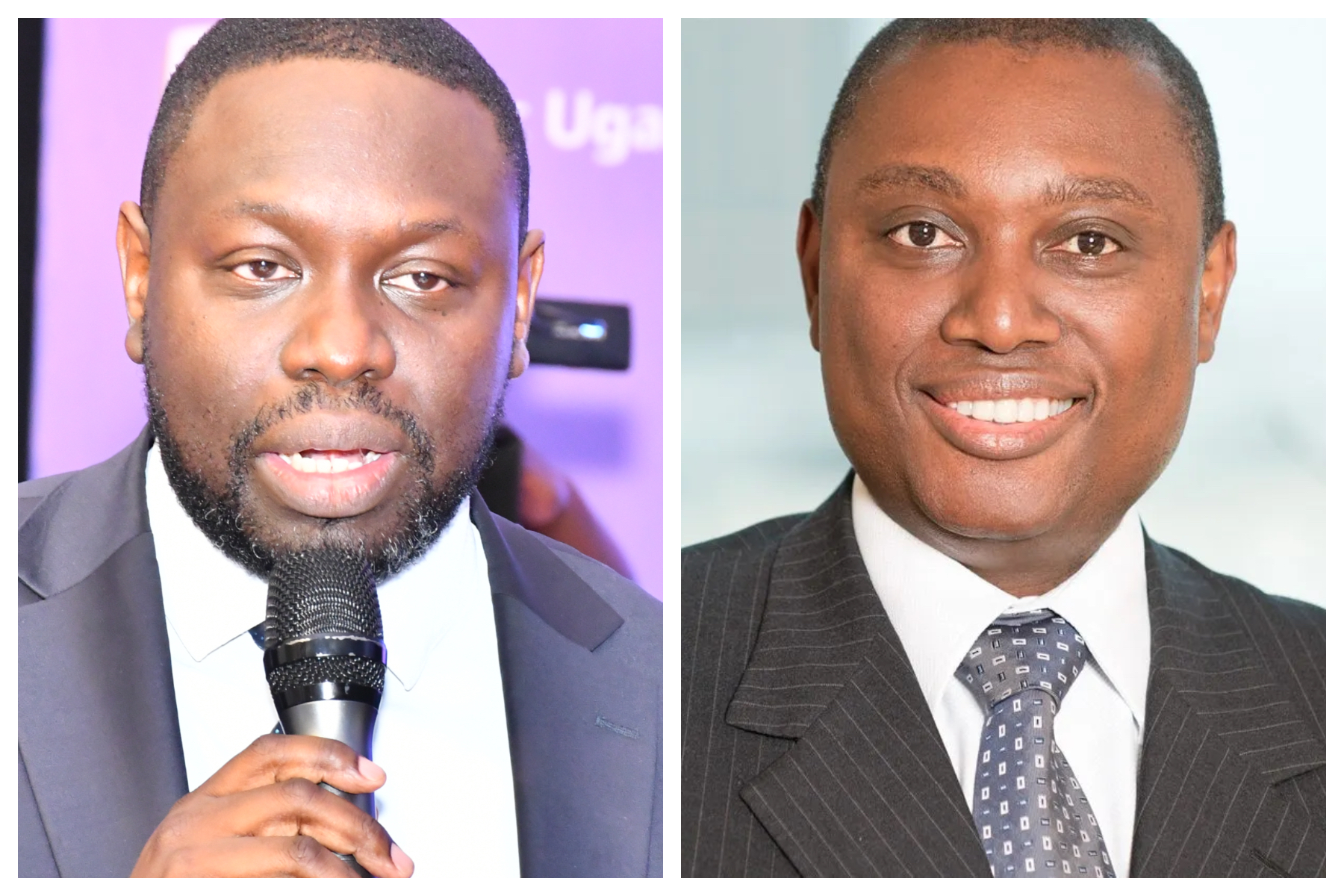Stanbic Bank Uganda, Uganda’s largest bank and a subsidiary of the Standard Bank Group, Africa’s largest banking group has said that it is still doing its own due diligence on…
About the Author
Muhereza Kyamutetera
Muhereza Kyamutetera is the Executive Editor of CEO East Africa Magazine. I am a travel enthusiast and the Experiences & Destinations Marketing Manager at EDXTravel. Extremely Ugandaholic. Ask me about #1000Reasons2ExploreUganda and how to Take Your Place In The African Sun.


